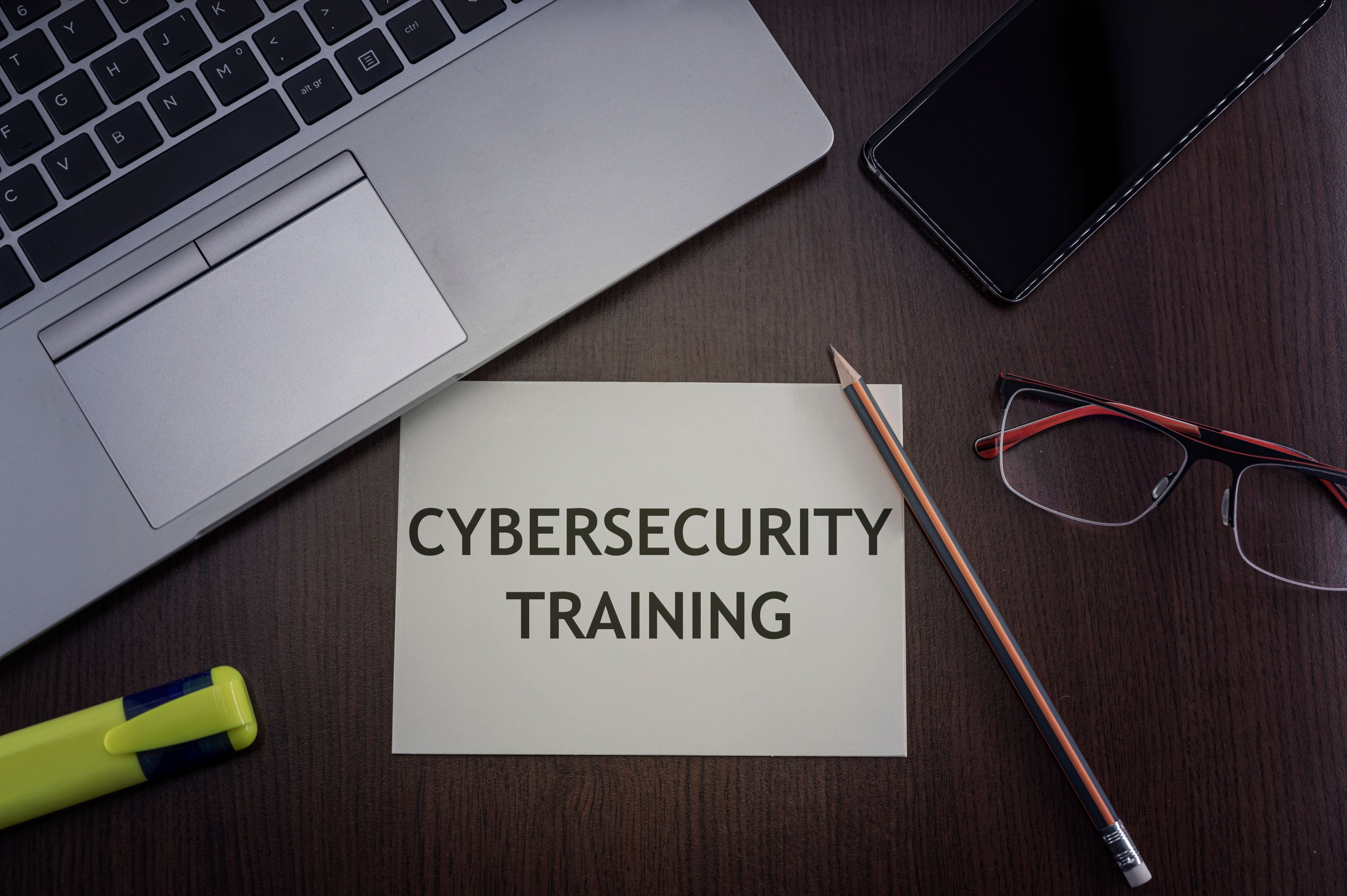Cybersecurity Training for Non-Technical Staff: Ensuring Compliance in Remote Teams
Understanding the Importance of Cybersecurity Training
In today's digital age, cybersecurity is more critical than ever. As remote work becomes the norm, ensuring that all employees, especially non-technical staff, are equipped with the necessary skills to protect sensitive information is crucial. Cybersecurity training for non-technical staff is not just a good practice; it is essential for maintaining compliance and safeguarding your company's data.
Many organizations mistakenly assume that cybersecurity is solely the IT department's responsibility. However, non-technical staff often handle sensitive data and access systems that could be vulnerable to cyber threats. Educating all employees on potential risks and best practices can significantly reduce the likelihood of data breaches.

Key Components of Effective Training
An effective cybersecurity training program should include several key components. First, it should cover the basics of identifying phishing scams, recognizing suspicious emails, and understanding the importance of strong passwords. Building this foundational knowledge helps employees spot potential threats before they can cause harm.
Additionally, training should emphasize the importance of secure communication channels. Employees should be aware of how to send and receive sensitive information safely. This includes using encrypted emails or secure file-sharing services to prevent unauthorized access to data.

Regular Updates and Continuous Learning
Cybersecurity threats are continuously evolving, which means training should not be a one-time event. Regular updates and refreshers are necessary to keep staff informed of the latest threats and security protocols. Implementing a continuous learning model ensures that employees remain vigilant and prepared to tackle new challenges.
Employers can encourage continuous learning by providing access to online courses, webinars, and workshops. These resources can be tailored to meet the needs of non-technical staff, ensuring the information is accessible and easy to understand.
Creating a Culture of Security Awareness
Beyond formal training sessions, fostering a culture of security awareness within your organization can lead to better compliance and data protection. Encourage open communication about cybersecurity issues and create an environment where employees feel comfortable reporting suspicious activities without fear of repercussions.

Utilizing Technology for Enhanced Security
While educating employees is crucial, leveraging technology can also play a significant role in securing remote teams. Implementing multi-factor authentication (MFA), using VPNs, and ensuring all software is up-to-date are some ways technology can aid in protecting sensitive information.
Moreover, consider deploying security software that provides real-time alerts and monitoring for any unusual activities. This proactive approach can help identify potential threats before they result in significant damage.
Conclusion: The Path Forward
Cybersecurity training for non-technical staff is indispensable for any organization aiming to protect its assets in the era of remote work. By investing in comprehensive training programs and fostering an awareness-driven culture, businesses can ensure compliance and safeguard against cyber threats effectively.
As remote work continues to rise, prioritizing cybersecurity training will not only protect your business but also empower employees with the knowledge and confidence they need to operate securely in a digital world.